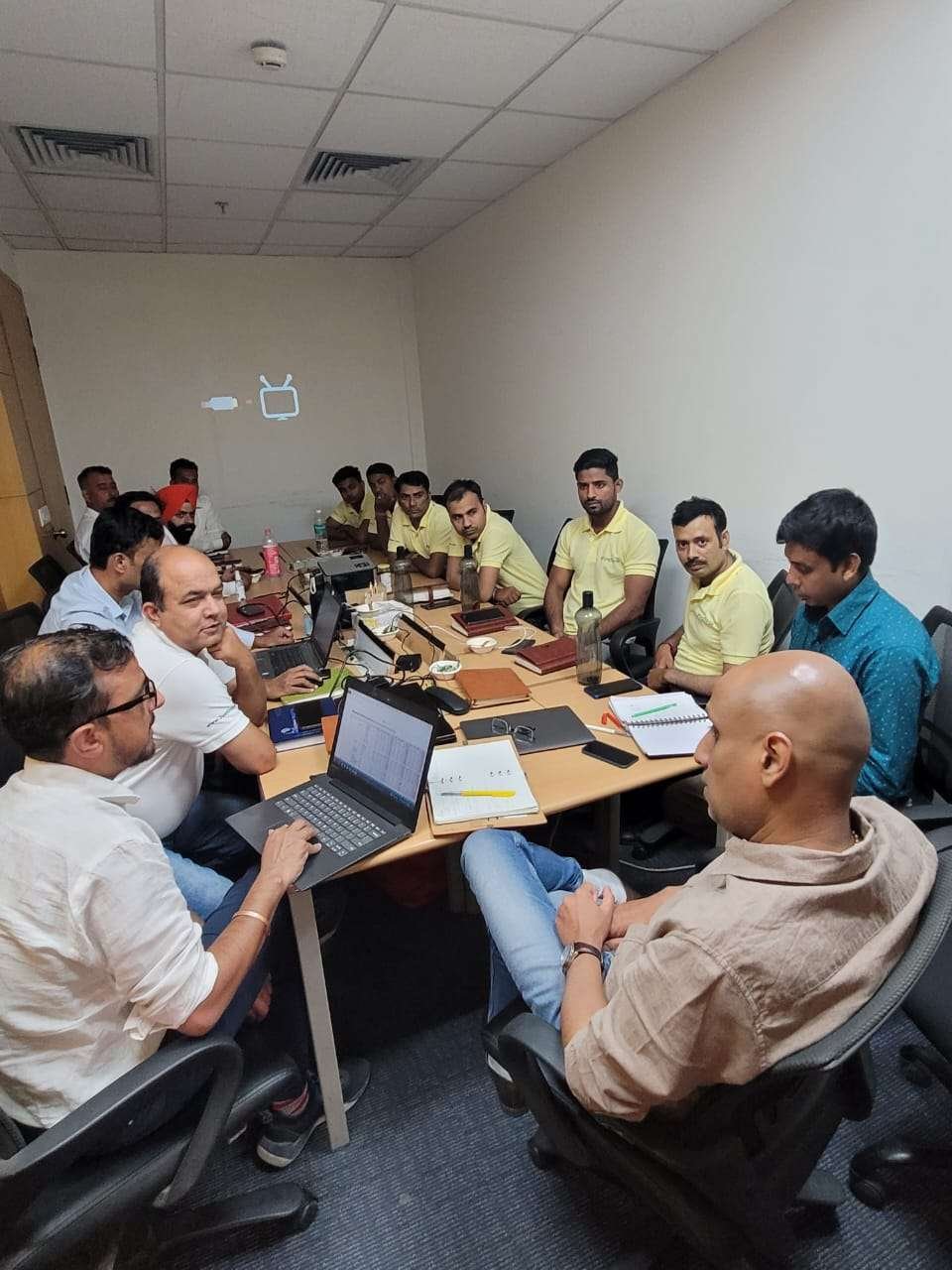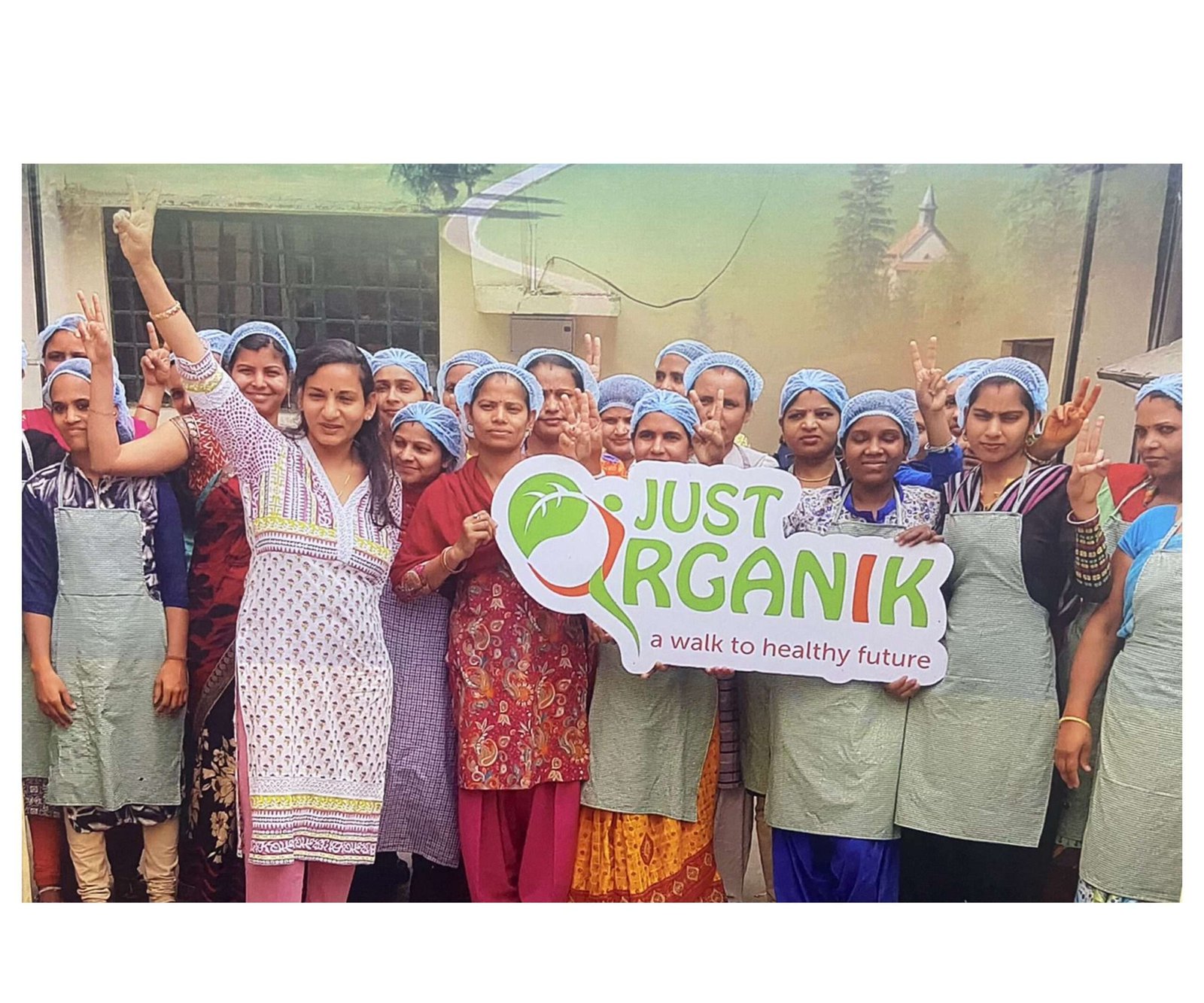Who We Are
Just Organik, a brand under Treta Agro (P) Ltd, is dedicated to providing safe and healthy organic food through sustainable farming practices, while also prioritizing the welfare of the farmers. Renowned for excellence in the organic industry, dealing in organic pulses, millets, spices, ready to eat and ready to cook food, it has received accolades and recognition, solidifying its presence in domestic and international markets.
Just Organik works closely with farmers, promoting fair trade practices and ensuring that the farmers are empowered with knowledge and support. Through various farmer-centric initiatives, Just Organik encourages and supports farmers to adopt organic farming methods, resulting in increased cost savings of 10-15%. We offer continuous hand-holding on organic farming practices and assist farmers in obtaining organic certifications, giving them access to better markets and prices, with a 15-25% premium.
Through technology, Just Organik is enhancing transparency and the access to authenticity of its offerings, ensuring every customer’s satisfaction, while empowering consumers to make informed decisions about their organic purchases and contributing to a healthier planet.




In Harmony With Nature
Nature is often referred as ‘Mother Nature’, offering pure and unbiased love & care and comprises of this beautiful eco-system, which has rules. Rules to grow the crops, turn the soil, refill of the micronutrients and many more. At the Organic farms of Treta Agro, we constantly work towards maintaining harmony with rules of Mother Nature. Just Organik produce, sourced from the organic farms of India, growing in Harmony with Nature is an assurance of purity and being nutritive best by harvesting on lands that are never polluted. ‘Treta’ refers to a mythological period when everything was ‘Just’ and ‘Ethical’. Just Organik is your JUST, AUTHENTIC and ETHICAL supply of the Organic Products.
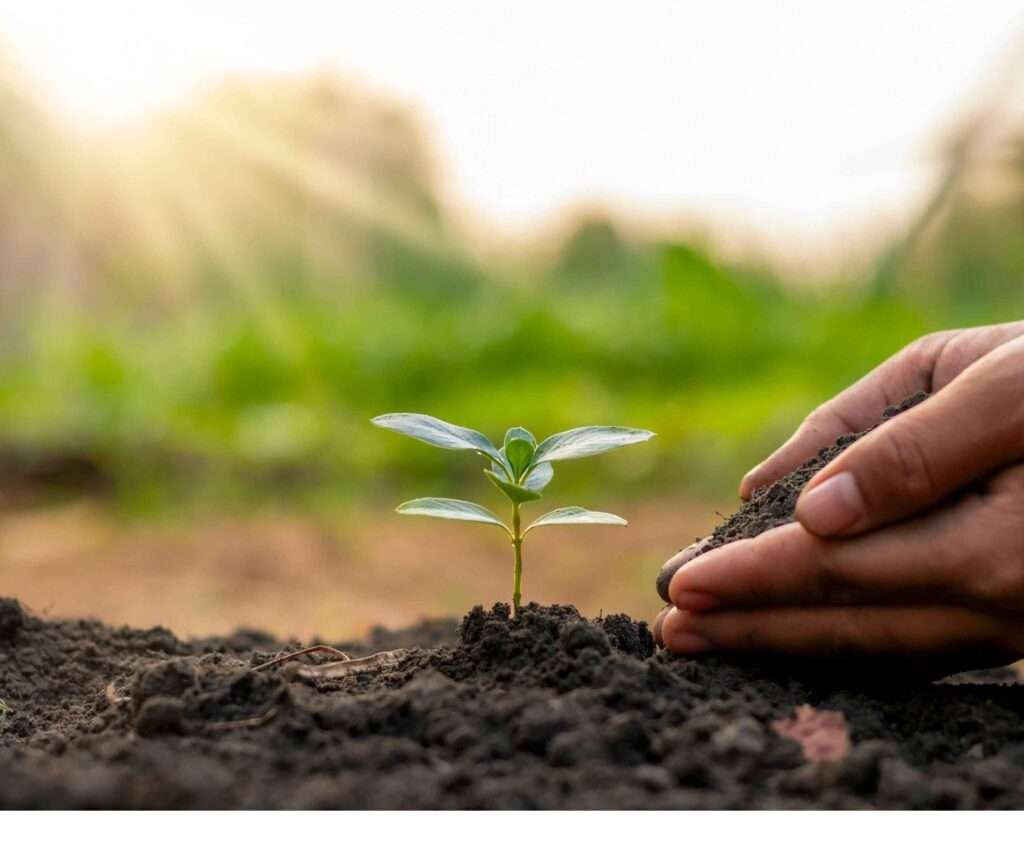
Challenging The Problem
A) A FARMING PROBLEM IMPACTING THE SOCIETY, CLIMATE AND CONSUMERS


Smallholder farmers (farmers owing farm area less than 2 Ha.) constitute 78% of the farming community in India while possessing only 33% of the total cultivated land. Despite this, they manage to produce approximately 41% of the nation’s food-grains.
However, the average monthly income for these smallholder farmers per agricultural household stands at ₹10,218 (~ USD 150). Alarming is the fact that approx 12-15% of their income is allocated for purchasing chemicals.
Disturbingly, pesticide poisoning affects an estimated 385.5 million farmers annually, representing 44% of the global farming population, leading to a staggering 10,881 fatalities. Within India itself, 62% of farmers suffer from such poisoning, resulting in approximately 6600 fatalities each year.
In areas, like the high Himalayan hills and the tribal belts, where sustainable farm practices still prevail culturally, the lack of market access for farmers hinders their efforts. Moreover, the conventional agricultural supply chain often prioritizes quantity over quality, discouraging farmers who embrace sustainable farming methods. As a result, they end up receiving meager returns for their premium produce, disheartening their efforts.
The dire situations like these force around 1,00,000 rural residents to migrate daily to urban areas across India, accounting for an annual migration rate of about 3.6% of the population.
The consequences of these challenges are evident in hill states like Uttarakhand, where around 3000 villages have transformed into “Ghost Villages” due to families abandoning their homes and farms in the face of non-sustainability.
These pressing issues have a profound impact on over 100 million smallholder farmers in India and 500 million farmers globally. The need for sustainable solutions and support becomes increasingly urgent to safeguard the livelihoods and well-being of these farmers and their communities.
A ) SOLUTION : HELPING FARMERS FOR SUSTAINABLE PRODUCTION
Deeply committed to support farmers in their journey towards sustainable production practices, we,at Just Organik believe in fostering a symbiotic relationship with farmers, helping them adopt organic farming methods and ensuring they receive the necessary knowledge, resources and market to thrive. The approach revolves around three key pillars: Education and Certification, Know-how and Inputs, and Facilitation and Promotion
1) Education and Certification
Encouraging farmers to embrace organic farming practices brings about substantial cost savings of 10-15%. To facilitate this transition, a comprehensive hand-holding approach is employed, offering guidance on the intricacies of organic farming techniques. Additionally, support is provided regarding certification information, soil testing and audit processes, easing the farmers’ path to obtain organic certifications. These certifications not only validate their efforts but also open doors to premium markets that appreciate and reward sustainable agricultural practices.
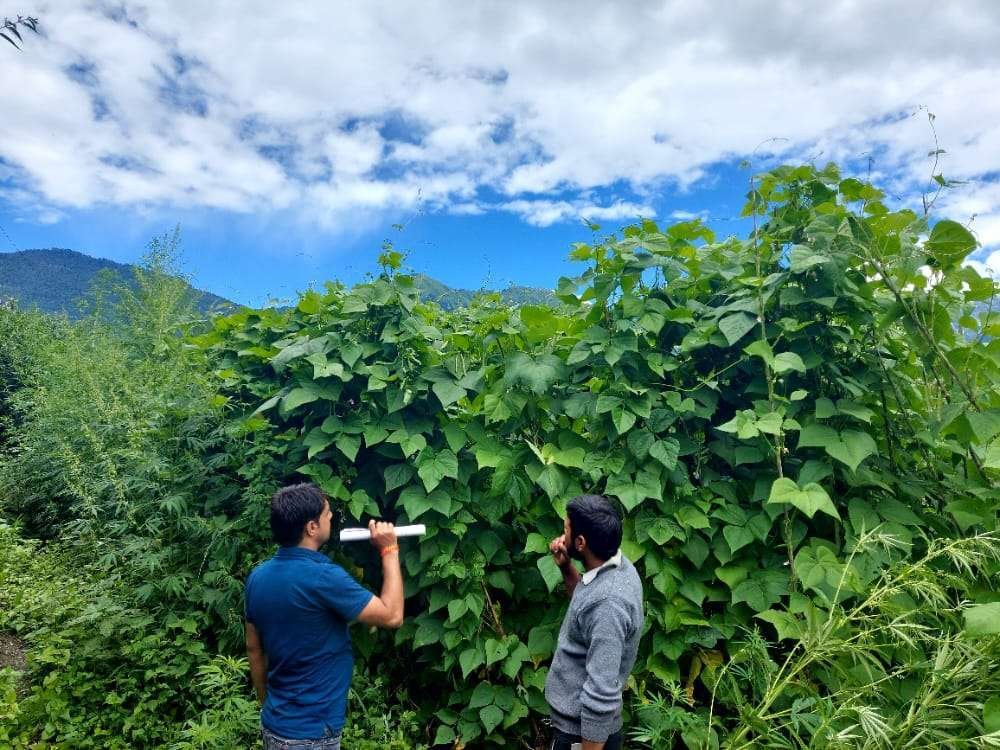
3) Facilitation and Promotion:
The journey towards sustainable farming is not complete without bridging the gap between farmers and markets. Efforts are made to establish market linkages with controlled agri supply chain enabling good Agricultural practices with focus on food safety and quality management, ensuring better price realization, typically resulting in a significant 15-25% premium for organic products. Collaborating with government agencies, wherever possible, aids in mobilizing resources for efficient collection and transportation, facilitating timely and seamless access to markets. To add value to the process, secure storage spaces are made available, safeguarding the integrity of the organic produce. The state-of-the-art Processing unit, at the heart of Himalayas, at Rudrapur Uttarakhand provides bulk processing of several grains, specialising in millets, enabling the scope of Value added products, widening the scope for economic growth and prosperity. Complete end-to-end traceability helps in transparent monitoring, while the paramount focus on food safety and quality commitment helps in safeguarding consumers interest. Through such facilitation and promotion, our organic movement gains momentum, benefiting both farmers and consumers alike.
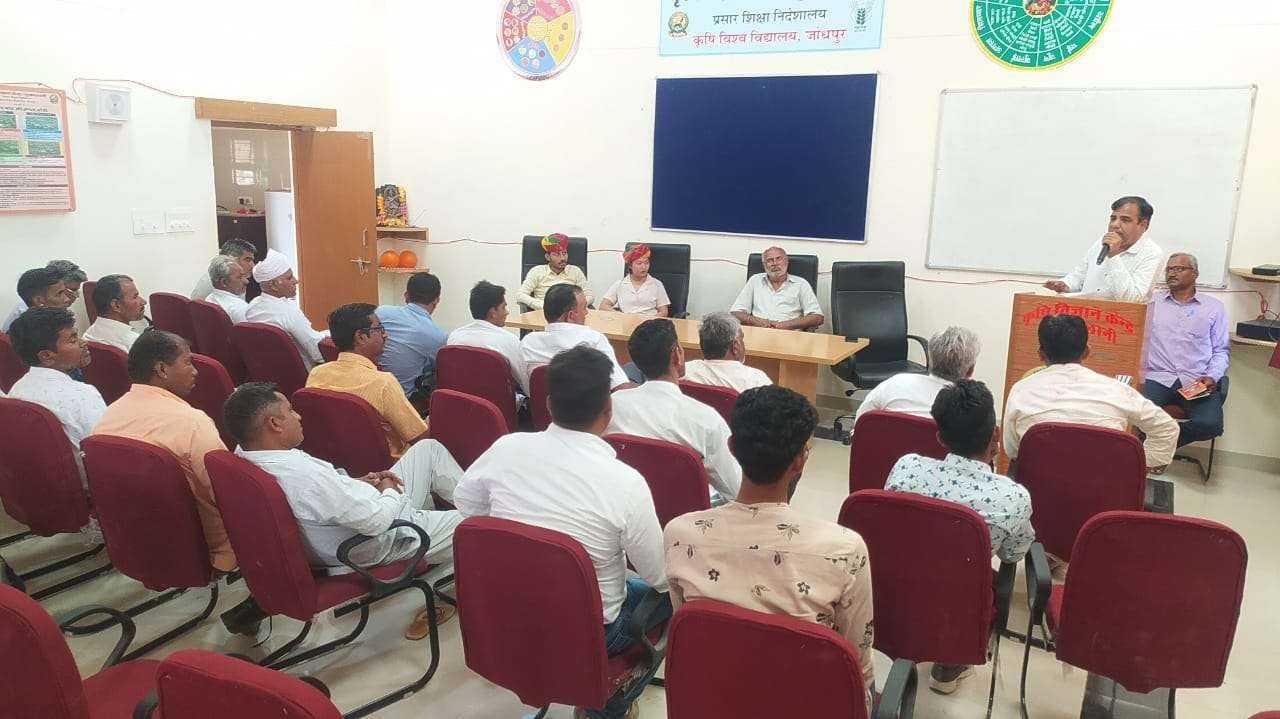
2) Know-how and Inputs:
Equipping farmers with essential know-how and inputs is vital. They receive support in the form of utilisation of organic or in-farm inputs, such as nutrient-rich manure, vermi-compost, fostering soil health and productivity. Providing knowledge of provisions of quality seeds ensures a strong foundation for their crops. Furthermore, a dedicated support system addresses farmer queries and helps providing guidance in issues like pest and disease management through eco-friendly methods, reducing dependence on harmful chemicals. This holistic approach empowers farmers to cultivate healthy, resilient crops, further enhancing the appeal of organic produce.

C) FARM SUSTAINABILITY HELPING IN CLIMATE ACTION
1) Reduction in Carbon emission
Providing sustainability to farmers aids in the reduction of carbon emissions through several key practices. Embracing organic farming with traditional methods minimizes the use of machinery and associated carbon emissions. Adopting cyclic and self-sustaining farming systems leads to zero net emissions. By avoiding chemical usage, there is no need for chemical transportation, further cutting emissions. Additionally, eliminating chemical-linked manufacturing processes contributes to a carbon-neutral approach. These sustainable practices empower farmers to play a vital role in mitigating climate change by significantly reducing their carbon footprint and promoting a greener and more environmentally conscious agriculture sector.
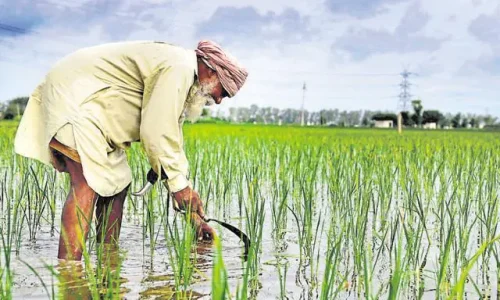
3) Reduction in Pollution
Providing sustainability to farmers significantly contributes to reduced pollution by promoting eco-friendly farming practices. One crucial aspect is the adoption of organic farming methods, which eliminate the use of harmful chemicals in agricultural activities. By avoiding chemical fertilizers and pesticides, farmers prevent soil and water contamination, safeguarding local ecosystems and water bodies from pollution.

2) Reduced Migration
Providing sustainability to farmers reduces migration by generating livelihood opportunities at the location of farming. When farmers can sustain themselves locally, it reduces the need for them to leave their villages and migrate to urban areas in search of work. Moreover, by understanding and adapting to local climatic conditions, farmers can better endure challenges and maintain their communities. Organizing farmers into collectives fosters cooperation, enabling them to collectively address issues and reduce the burden on urban infrastructures. This integrated approach curtails migration pressures, promoting a balanced and resilient rural lifestyle.

Certifications

Jaivik Bharat
FSSAI certification for authentic organic food meeting high standards of organic farming

European Union Standards
Produced and controlled in accordance with EU regulations about the origin and the quality of food
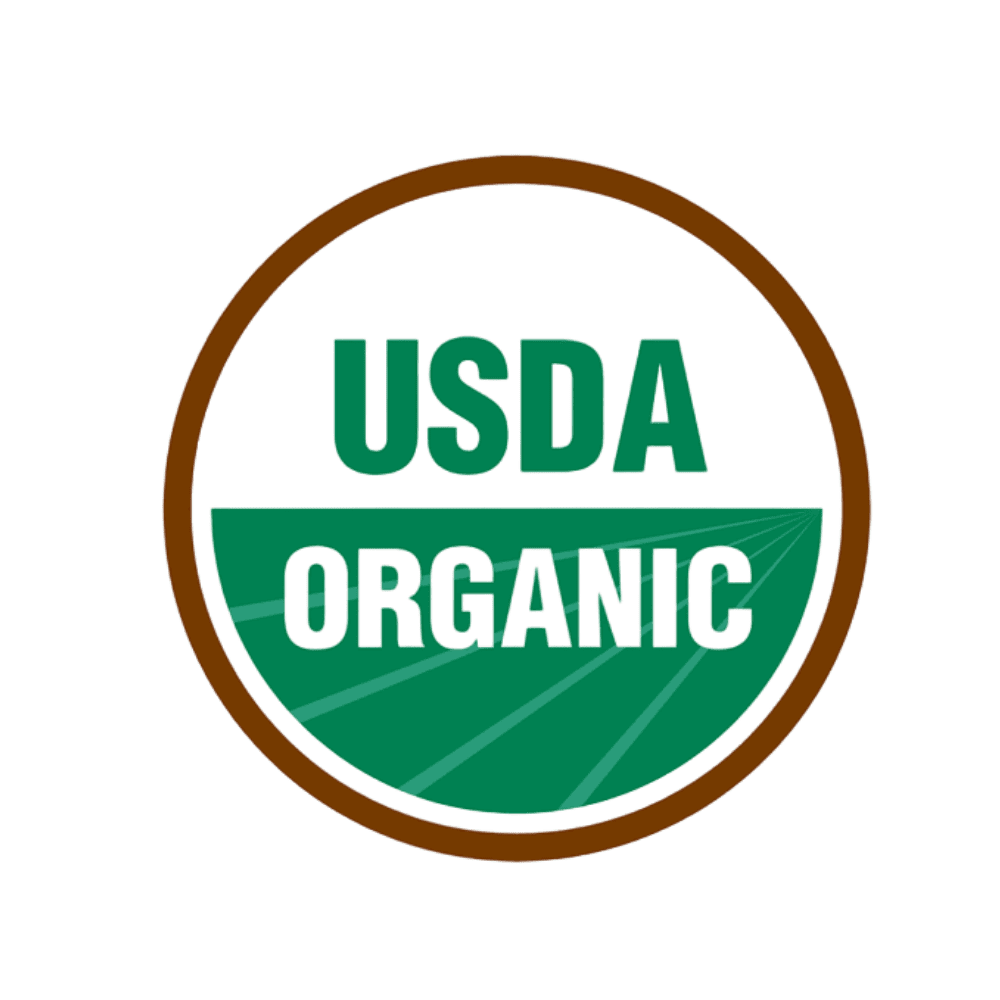
USDA (U.S.A.)
Certified for consistent national standards of organic products sold in the USA
Our Partnership
Meet Our Team

Pankaj Agarwal
managing Director

Richa Agarwal
Director

Sandeep Agarwal
Director

Sanjay Mattoo
Head International Sales

Gaurav Agarwal
GM Sales
